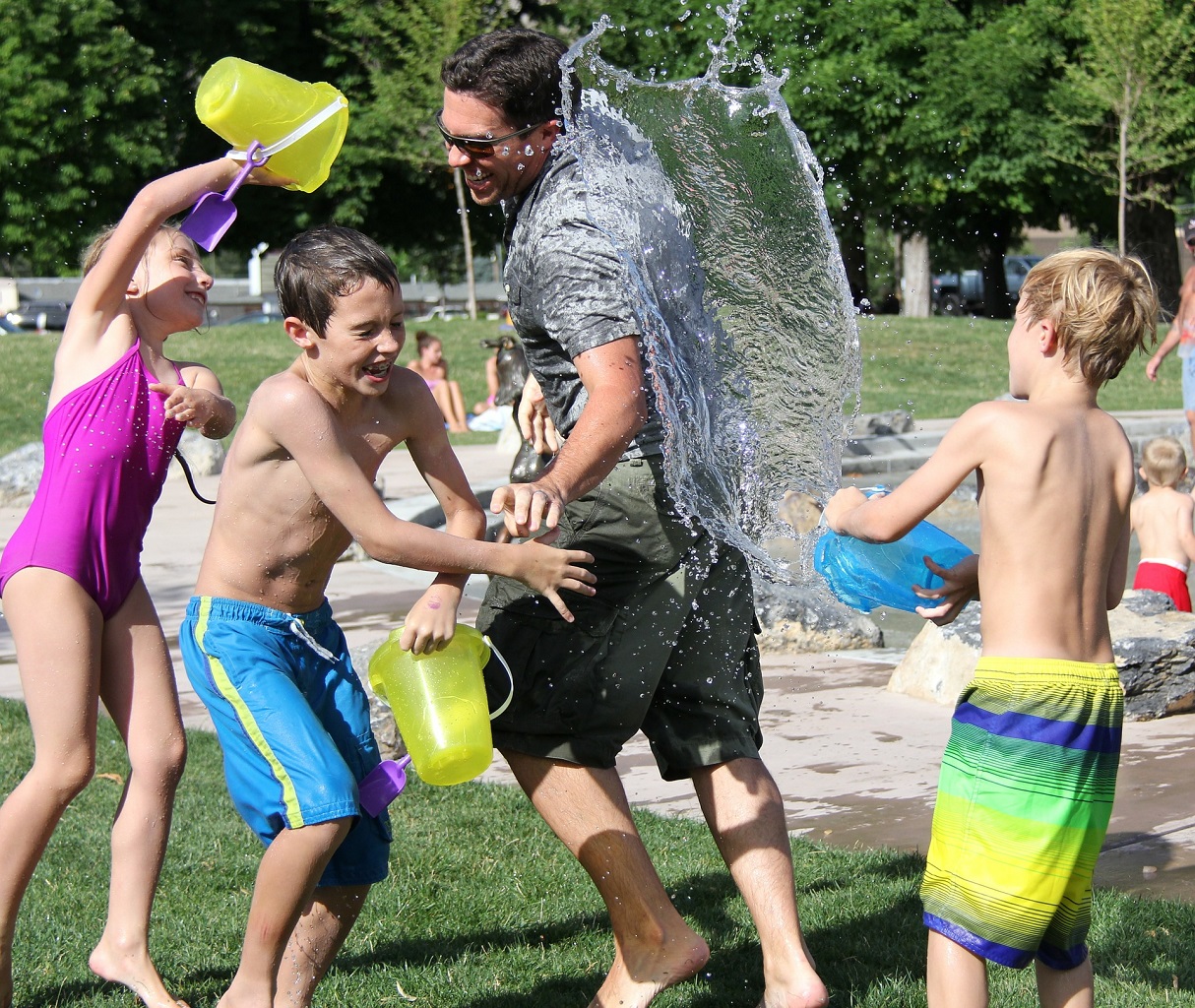Does sugar really make kids hyper?
Ask any parent returning from a birthday party with kids and they’ll swear that yes, of course, without doubt sugar makes their children hyperactive. A look at the giggles, the silliness, the loudness and energy might seem to confirm this assumption … but what does the science say?
The answer, based on numerous studies over several decades, might surprise more than a few frazzled parents. From a scientific perspective, there is no substantial evidence that sugar or artificial sweeteners cause hyperactivity in children.

In a double-blind research study undertaken in 1994, children (some of whom had been identified by their parents as sugar-sensitive) and their families were placed on a different diet for three consecutive three-week periods. For each period, the families consumed a diet either high in sucrose with no artificial sweeteners, a diet low in sucrose and containing aspartame (artificial sweetener), or a diet low in sucrose and containing saccharin (the placebo). Parents were asked to assess and monitor their child’s behaviour over this time.
At the end of the nine-week study, the results of cognitive and behavioural tests, along with reports from parents and researchers were collated. The authors concluded that ‘neither sucrose nor aspartame produces discernible cognitive or behavioural effects in normal preschool children or in school-age children believed to be sensitive to sugar.’
In fact, a meta-analysis of 16 different studies on sugar and hyperactivity all came back with the same result: ‘sugar does not affect the behaviour or cognitive performance of children’.
If sugar does change something, it’s parental expectations of their children. Parents who were told their 5-7-year-old sons had ingested large amounts of sugar (when in fact they were given a placebo) were more inclined to rate their children as significantly more hyperactive than mothers who were told their children received the placebo. Often if a parent believes there is a link between sugar and hyperactivity, they will see one.

If you think about where and when children are more likely to eat large amounts of sugar—such as birthday parties, fetes, holidays or a visit to Grandma’s house—they are also places that are exciting, fun and usually have different, more relaxed rules when it comes to behaviour. People may be confusing correlation for causation—yes kids might get hyperactive when sugar is around, but it’s not the sugar causing the hyperactivity. More likely it’s the surrounding environment that’s to blame.
However, just because science has so far concluded sugar does not cause hyperactivity in kids doesn’t mean they should be given free rein of the lolly jar. Science has established that sugar is a substantial contributor to tooth decay, obesity and other health concerns—all far more serious than a bit of loud and active horseplay. So, like most things, enjoy it in moderation.





